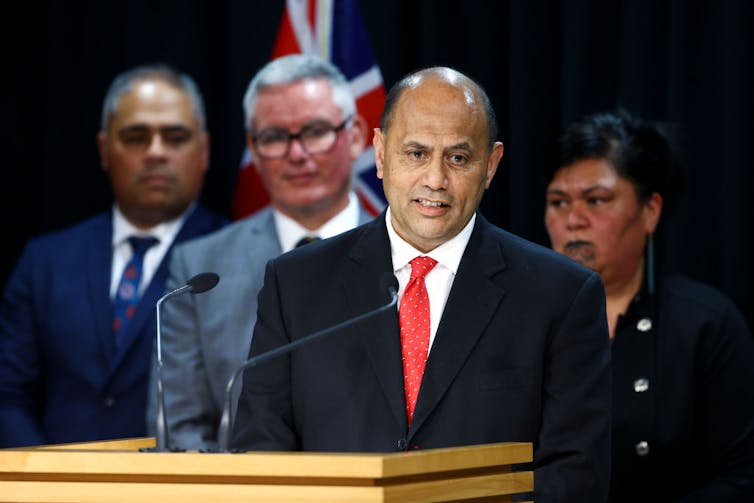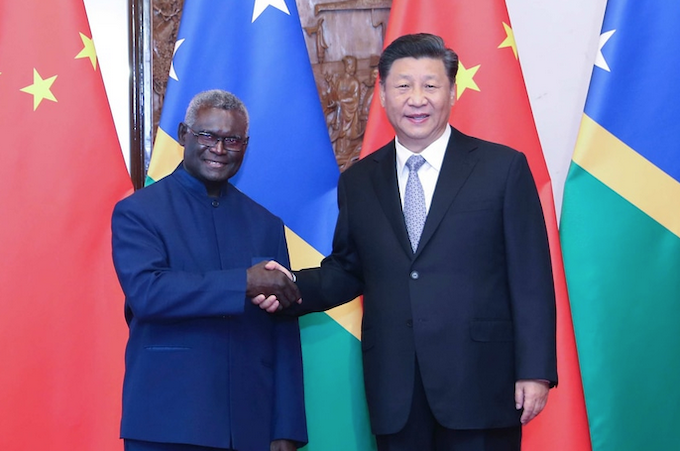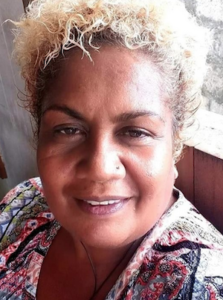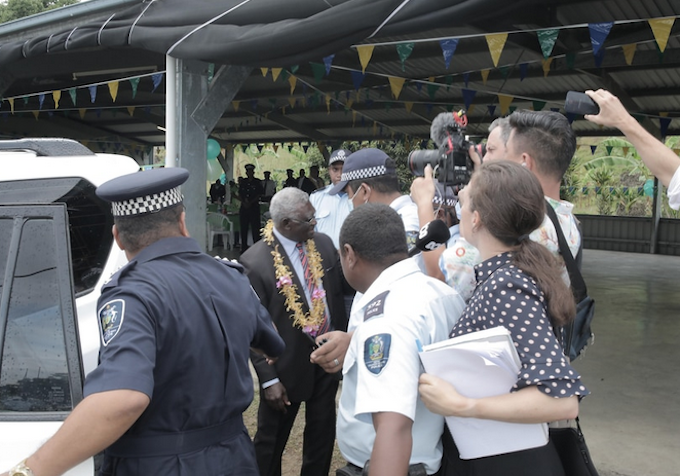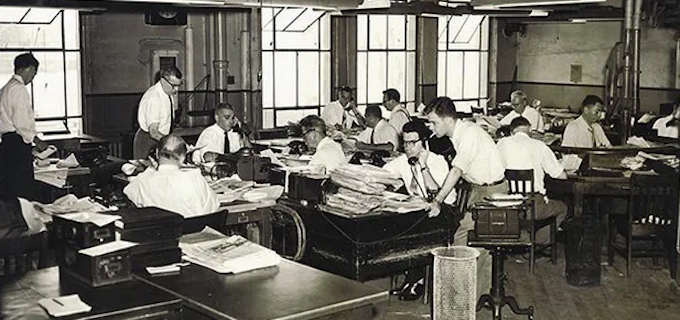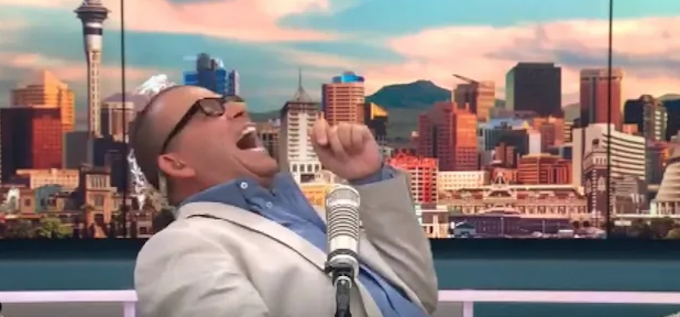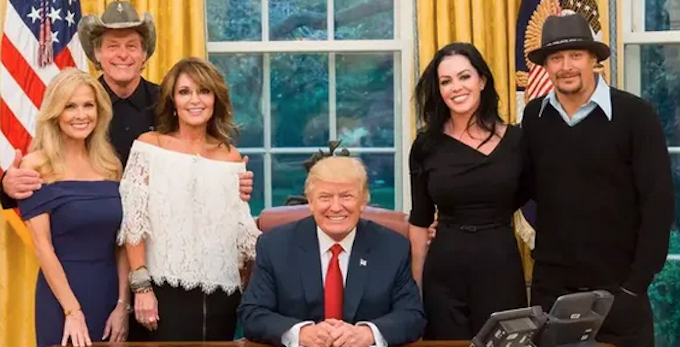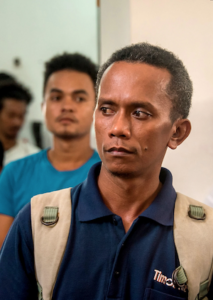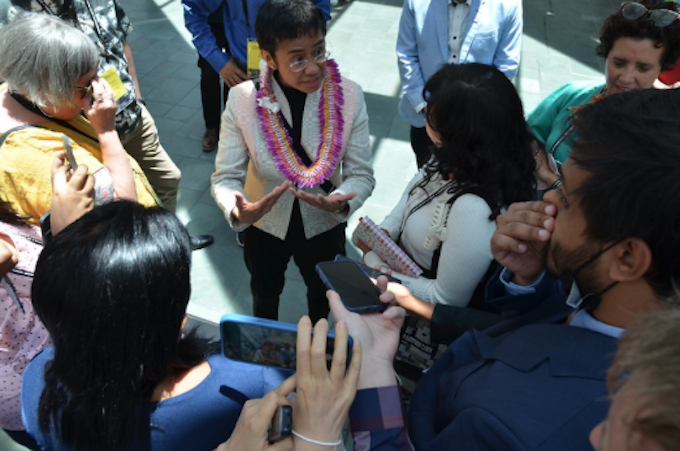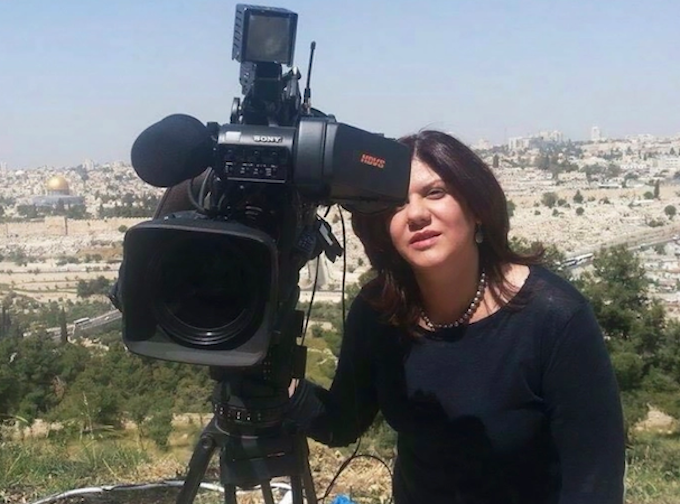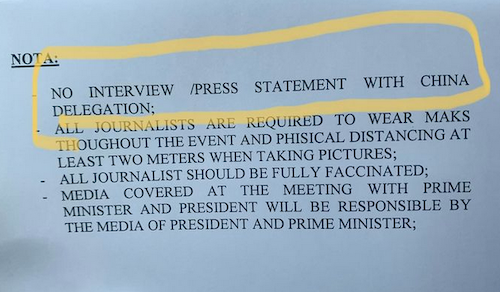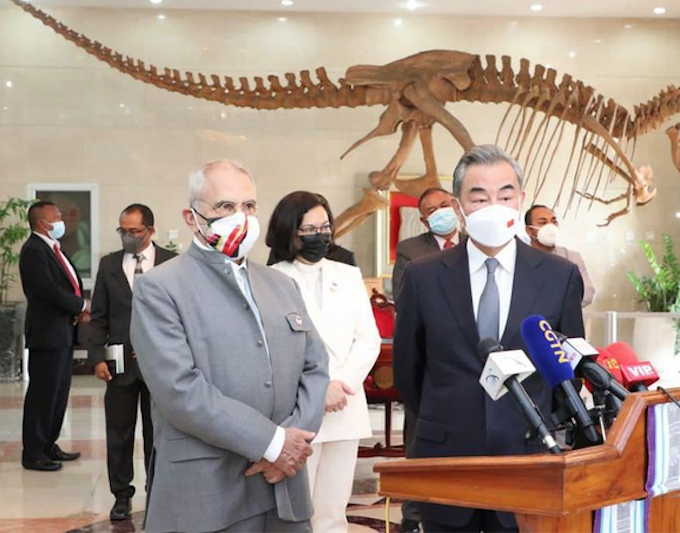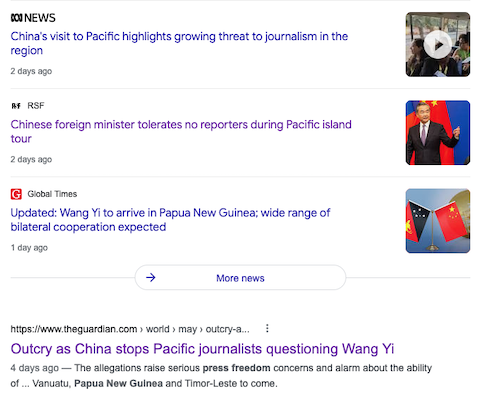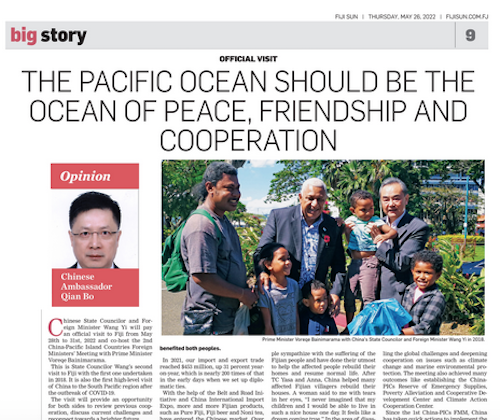By Jairo Bolledo in Manila
The Philippines Court of Appeals has denied the motion for reconsideration filed by Nobel Peace Prize laureate and Rappler CEO Maria Ressa and former Rappler researcher Reynaldo Santos Jr. over their cyber libel case.
In a 16-page decision dated October 10, the court’s fourth division denied the appeal.
Associate Justices Roberto Quiroz, Ramon Bato Jr., and Germano Francisco Legaspi signed the ruling. They were the same justices who signed the court decision, which earlier affirmed the conviction of Ressa and Santos.
- READ MORE: Cybercrime, criminal libel and the media: From ‘e-martial law’ to the Magna Carta in the Philippines — David Robie and Del Abcede
- Philippine Nobel laureate Maria Ressa appeals to Supreme Court
- Other Maria Ressa and Rappler reports
According to the court, the arguments raised by Ressa and Santos were already resolved.
“A careful and meticulous review of the motion for reconsideration reveals that the matters raised by the accused-appellants had already been exhaustively resolved and discussed in the assailed Decision,” the court said.
The court also claimed Ressa’s and Santos’ conviction is not meant to curtail freedom of speech.
“In conclusion, it [is] worthy and relevant to point out that the conviction of the accused-appellants for the crime of cyberlibel punishable under the Cybercrime Law is not geared towards the curtailment of the freedom of speech, or to produce an unseemingly chilling effect on the users of cyberspace that would possibly hinder free speech.”
‘Safeguard’ for free speech
On the contrary, the court said, the purpose of the law is to “safeguard the right of free speech, and to curb, if not totally prevent, the reckless and unlawful use of the computer systems as a means of committing the traditional criminal offences…”
In a statement, Nobel Peace laureate Ressa said she was “disappointed” but not surprised by the ruling.
Rappler’s video report on YouTube.
“The ongoing campaign of harassment and intimidation against me and Rappler continues, and the Philippines legal system is not doing enough to stop it. I am disappointed by today’s ruling but sadly not surprised,” Ressa said.
“This is a reminder of the importance of independent journalism holding power to account. Despite these sustained attacks from all sides, we continue to focus on what we do best — journalism.”
Santos, in a separate statement, said he still believed that the rule of law would prevail.
“The [Appeal Court’s] decision to deny our motion is not surprising, but it’s disheartening nevertheless. As we elevate our case to the SC, our fight against intimidation and suppression of freedom continues. We still believe that the rule of law will prevail.”
Theodore “Ted” Te, Rappler’s lawyer and former Supreme Court spokesperson, said they would now ask the Supreme Court to review and reverse Ressa’s conviction.
“The CA decision denying the MFR [motion for reconsideration] is disappointing. It ignored basic principles of constitutional and criminal law as well as the evidence presented. Maria and Rey will elevate these issues to the SC and we will ask the SC to review the decision and to reverse the decision,” Te said in a statement.
The decision
The Appeal Court also explained its findings on the arguments based on:
- Applications of the provisions of cyber libel under the cybercrime law
- Subject article should have been classified as qualifiedly privileged” in relation to Wilfredo Keng as a public figure
On the validity of the cybercrime law, the court cited a ruling which, according to them, decided the constitutionality of the law.
“We find it unnecessary to dwell on the issue raised by accused-appellants since the Supreme Court, in Jose Jesus M. Disini, Jr., et al., v. The Secretary of Justice, et al. (Disini Case), 5 had already ruled on its validity and constitutionality, with finality.”
The court also reiterated that the story in question was republished. The court said the argument that ex-post facto was applied on the theory that the correction of one letter is too unsubstantial and cannot be considered a republication is “unavailing.”
“As settled, the determination of republication is not hinged on whether the corrections made therein were substantial or not, as what matters is that the very exact libelous article was again published on a later date,” the appeals court said.
On the increase of penalty, the CA said the argument that Wilberto Tolentino v. People has no doctrinal value and cannot be used as a binding precedent as it was “an unsigned resolution, is misplaced.”
That case said the “prescriptive period for the crime of cyber libel is 15 years.”
Traditional, online publications
The appeals court also highlighted the difference between traditional and online publications: “As it is, in the instance of libel through traditional publication, the libelous article is only released and circulated once – which is on the day when it was published.”
Such was not the case for an online publication, the court said, where “the commission of such offence is continuous since such article remains therein in perpetuity unless taken down from all online platforms where it was published…”
On the argument about Keng, the CA said it was insufficient to consider him a public figure: “As previously settled, the claim that Wilfredo Keng is a renowned businessman, who was connected to several companies, is insufficient to classify him as a public figure.”
The term “public figure” in relation to libel refers more to a celebrity, it said, citing the Ciriaco “Boy” Guingguing v. Honorable Court of Appeals decision. The decision said a public figure is “anyone who has arrived at a position where public attention is focused upon him as a person.”
It also cited the Supreme Court decision on Alfonso Yuchengco v. The Manila Chronicle Publishing Corporation, et al., which resolved the argument whether a businessman can be considered a public figure. The court said that being a known businessman did not make Keng a public figure who had attained a position that gave the public “legitimate interest in his affairs and character.”
There was no proof, too, that “he voluntarily thrusted himself to the forefront of the particular public controversies that were raised in the defamatory article,” the CA added.
In 2020, Manila Regional Trial Court (RTC) Branch 46 convicted Ressa and Santos over cyber libel charges filed by Keng. The case tested the 8-year-old Philippine cybercrime law.
The Manila court interpreted the cyber libel law as having a 12-year proscription period, as opposed to only a year. The lower court also decided that republication was a separate offence.
Aside from affirming the Manila court’s ruling, the CA also imposed a longer prison sentence on Ressa and Santos, originally set for six months and one day as minimum to six years as maximum.
The appeals court added eight months and 20 days to the maximum imprisonment penalty.
Jairo Bolledo is a Rappler journalist. Republished with permission.
This post was originally published on Asia Pacific Report.

